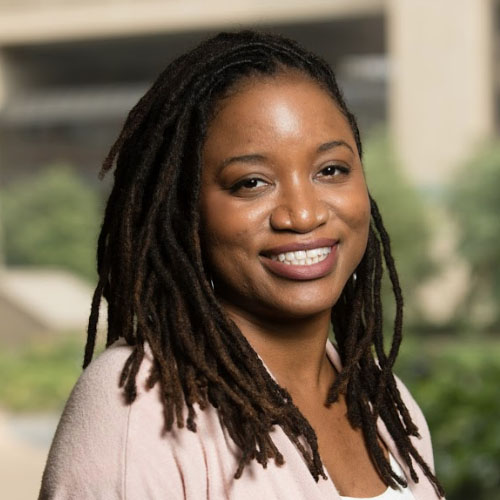Originally published in the August issue of the Notes on Antiracism, Justice, and Equity newsletter.

I do not care about diversity. I do not work to increase the diversity of our organization. At least, not primarily. As the director of diversity, equity, and inclusion, at times I have considered changing the name of our office, particularly dropping the term “diversity.” Why? Because it has become a loaded term, often used in our country for political fodder or superficial counts and quotas, and because it is not our team’s main objective. As an end in itself, diversity has little power or meaning. And, while I would like to see more representation of people of color in leadership roles, representation itself does not lead to change; it is not liberation.
Our school is trying to do a better job of recruiting and retaining students, staff, and faculty who are people of color, disabled, queer, or otherwise marginalized. But that effort is not aimed at making people feel good or increasing our rankings or reputation. It is about giving people from these identities access to information and learning that will transform our communities. Our office does its work so that our friends, families, and neighbors will not be relegated to a permanent underclass. We understand that interacting with and in privileged spaces means incurring stress and trauma, and often, changing or hiding parts of ourselves.
Consider Ruby Bridges, who, at six years old, integrated her elementary school in New Orleans in 1960. She was escorted to school by federal guards for an entire school year, amid violent protests and backlash. Her courage was memorialized in the 1964 Norman Rockwell painting, The Problem We All Live With. Ruby’s parents recognized the physical and mental danger that Ruby and their family would endure in the process, but also wanted Ruby to have the education that they did not have access to. People like myself — those who work tirelessly to advance justice and antiracism — do our work to our own detriment because we see the possibility for something better, and because we know that it will change our communities.
Diversity at SPH lays the foundation for change and asks us to have the right mix of people in the room so we can learn from each other, but it is not enough in itself. The prize is justice, working to repair or make whole that which has been previously broken. The goal is liberation.
Toward justice,
Lauren Jones
Director, Diversity, Equity, and Inclusion
she/her/hers
Sign up to receive the monthly Notes on Antiracism, Justice, and Equity newsletter.
Further reading:
- More about Ruby Bridges
- The Limits of Representation, The Harvard Crimson
- Diversity, Equity, and Inclusion — or Antiracism?, The Chronicle of Higher Education
